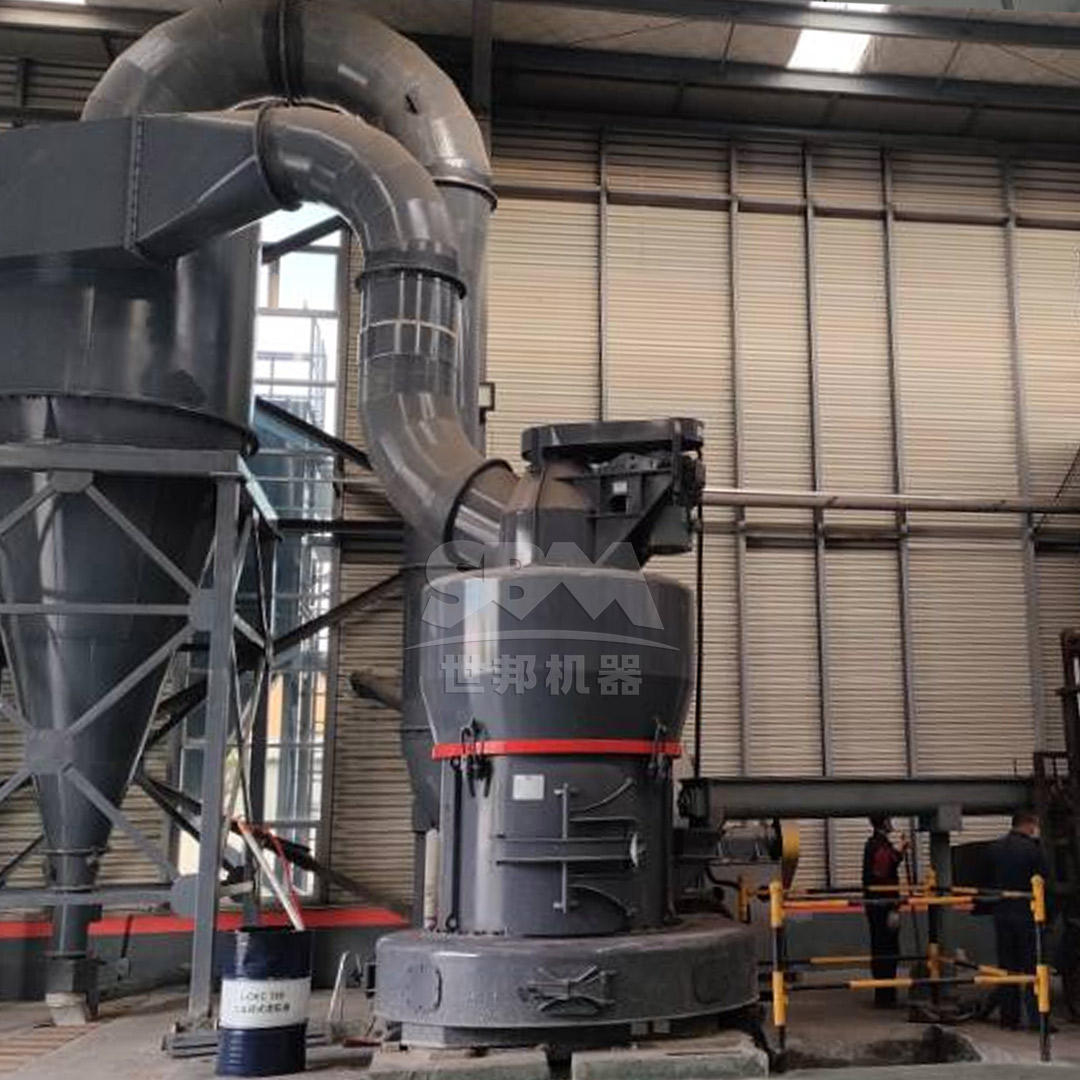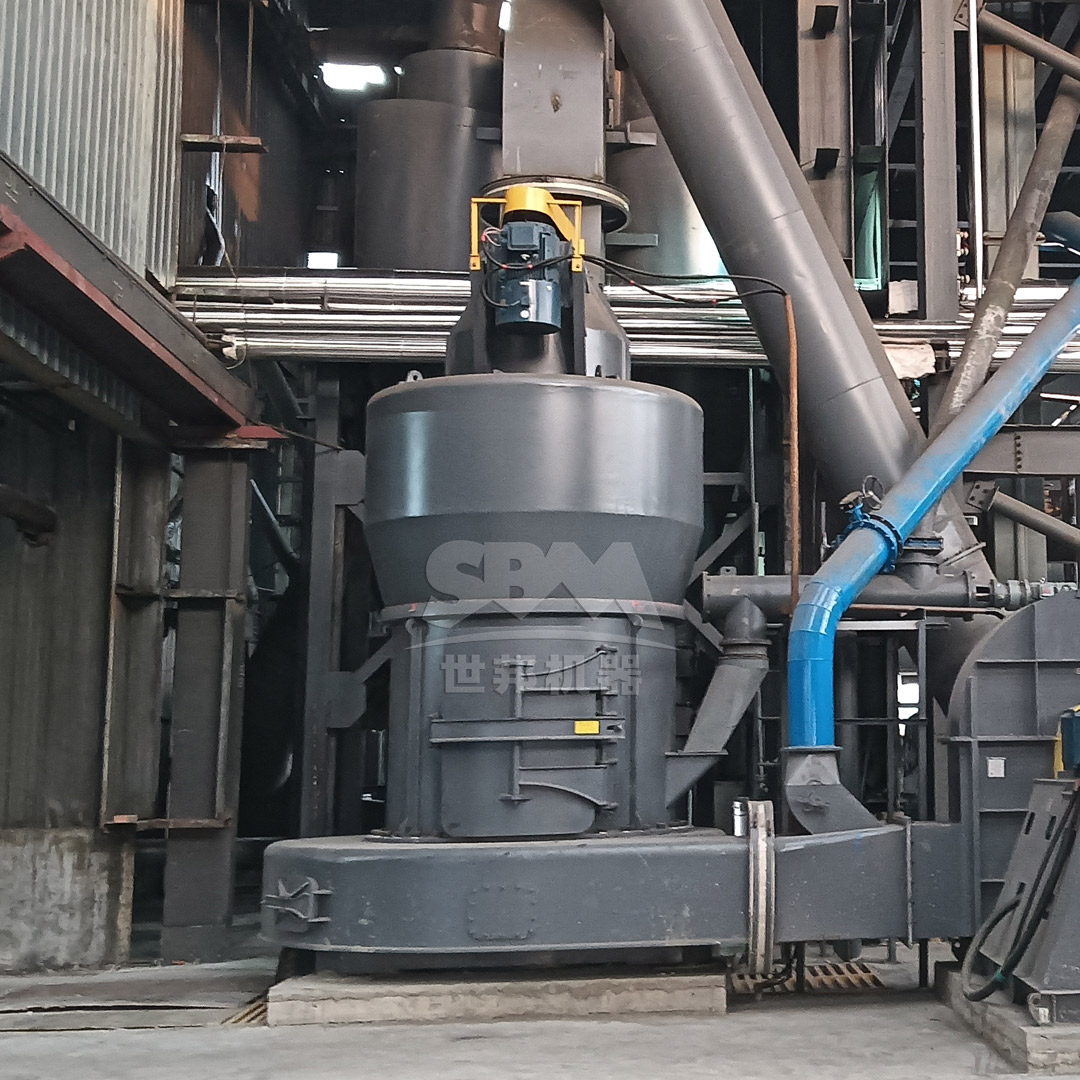Dolomite, a calcium magnesium carbonate mineral, is widely used in the chemical industry for applications such as magnesium compound production, pH regulation, and filler material manufacturing. Efficient processing of dolomite requires advanced milling technology to achieve the desired fineness and purity while maintaining operational efficiency. The 21 Roller Mill represents a significant advancement in grinding technology, offering superior performance for dolomite processing in chemical applications.
Dolomite’s unique properties make it invaluable in various chemical processes. Its high magnesium content is essential for producing magnesium-based chemicals, while its alkaline nature makes it ideal for neutralizing acidic waste streams. Additionally, dolomite’s whiteness and low abrasiveness make it an excellent filler material in plastics, paints, and coatings.

Processing dolomite presents several challenges that require specialized equipment:
Effective dolomite processing demands equipment capable of handling materials with Mohs hardness of 3.5-4 while producing consistent particle sizes ranging from coarse aggregates to ultra-fine powders depending on application requirements.
The 21 Roller Mill incorporates advanced grinding technology specifically designed for minerals like dolomite. This multi-roller configuration provides several advantages over traditional grinding systems.
| Parameter | Specification |
|---|---|
| Input Size | ≤50mm |
| Output Fineness | 45-2500 mesh |
| Capacity | 3-45 TPH |
| Power Consumption | 30-40% less than ball mills |
| Noise Level | ≤75dB |

For dolomite processing in chemical applications, we highly recommend our MTW Series Trapezium Mill. This advanced grinding equipment offers exceptional performance characteristics specifically suited for dolomite processing.
The MTW Series Trapezium Mill incorporates several innovative features that make it ideal for chemical industry applications:
| Model | Capacity (TPH) | Main Motor Power (kW) | Input Size (mm) | Output Fineness (mesh) |
|---|---|---|---|---|
| MTW110 | 3-9 | 55 | <30 | 10-325 |
| MTW138Z | 6-17 | 90 | <35 | 10-325 |
| MTW175G | 9.5-25 | 160 | <40 | 10-325 |
| MTW215G | 15-45 | 280 | <50 | 10-325 |
The MTW Series demonstrates remarkable performance in dolomite processing:

For applications requiring ultra-fine dolomite powder (325-2500 mesh), our SCM Ultrafine Mill provides an excellent alternative solution. This mill is particularly suitable for high-value chemical applications where extreme fineness is required.
The 21 Roller Mill employs a sophisticated grinding methodology that ensures optimal dolomite processing results.
The main motor drives multiple grinding rollers to rotate around the central axis while simultaneously rotating on their own axes. This creates centrifugal force that presses the rollers against the grinding ring, effectively crushing the dolomite material.
An advanced classification system ensures precise particle size control. The integrated classifier separates fine particles from coarse material, returning oversize particles for regrinding while allowing properly sized material to proceed to collection.
Maintaining consistent product quality is essential in chemical applications. The 21 Roller Mill incorporates several quality control features:
The mill design incorporates comprehensive environmental protection measures:
| Environmental Parameter | Performance Standard |
|---|---|
| Dust Emissions | <20mg/m³ |
| Noise Level | ≤75dB |
| Energy Consumption | 30-40% reduction vs conventional mills |
| Water Consumption | Minimal (dry processing) |
A major chemical manufacturer implemented our MTW Series Trapezium Mill for dolomite processing with remarkable results:
The installation processed 15 TPH of dolomite with output fineness of 200 mesh, achieving 99.5% passing rate with excellent particle size distribution consistency.
Proper maintenance ensures long-term reliable operation of the 21 Roller Mill system:
Ongoing research and development continues to enhance dolomite processing technology:
The chemical industry continues to demand higher efficiency, better product quality, and improved environmental performance from mineral processing equipment. The 21 Roller Mill technology is well-positioned to meet these evolving requirements.
The 21 Roller Mill, particularly our recommended MTW Series Trapezium Mill, represents the state-of-the-art in dolomite processing technology for chemical industry applications. With its advanced features, superior performance characteristics, and environmental benefits, this technology provides chemical manufacturers with an efficient, reliable, and sustainable solution for their dolomite processing needs. The combination of high efficiency, precise particle size control, and operational reliability makes this equipment an excellent investment for any chemical processing operation requiring consistent, high-quality dolomite products.